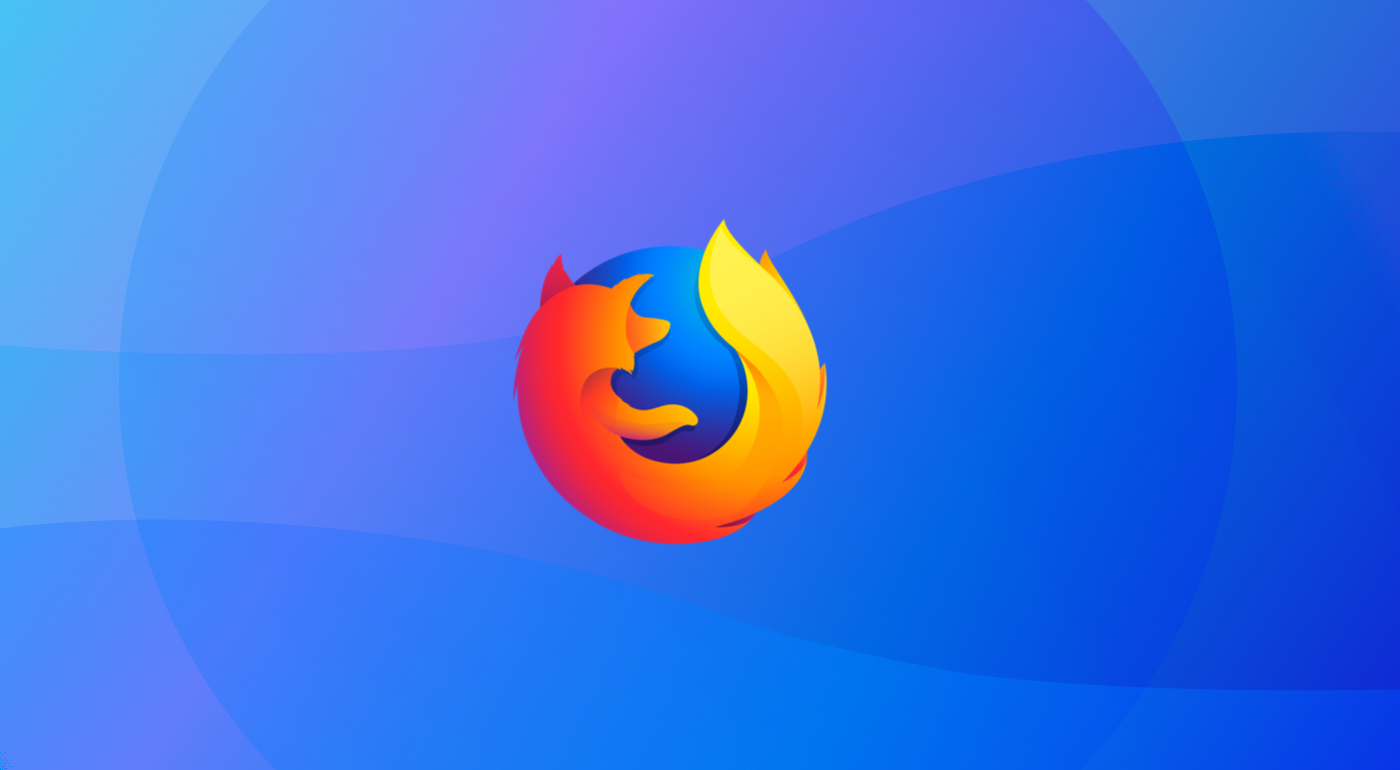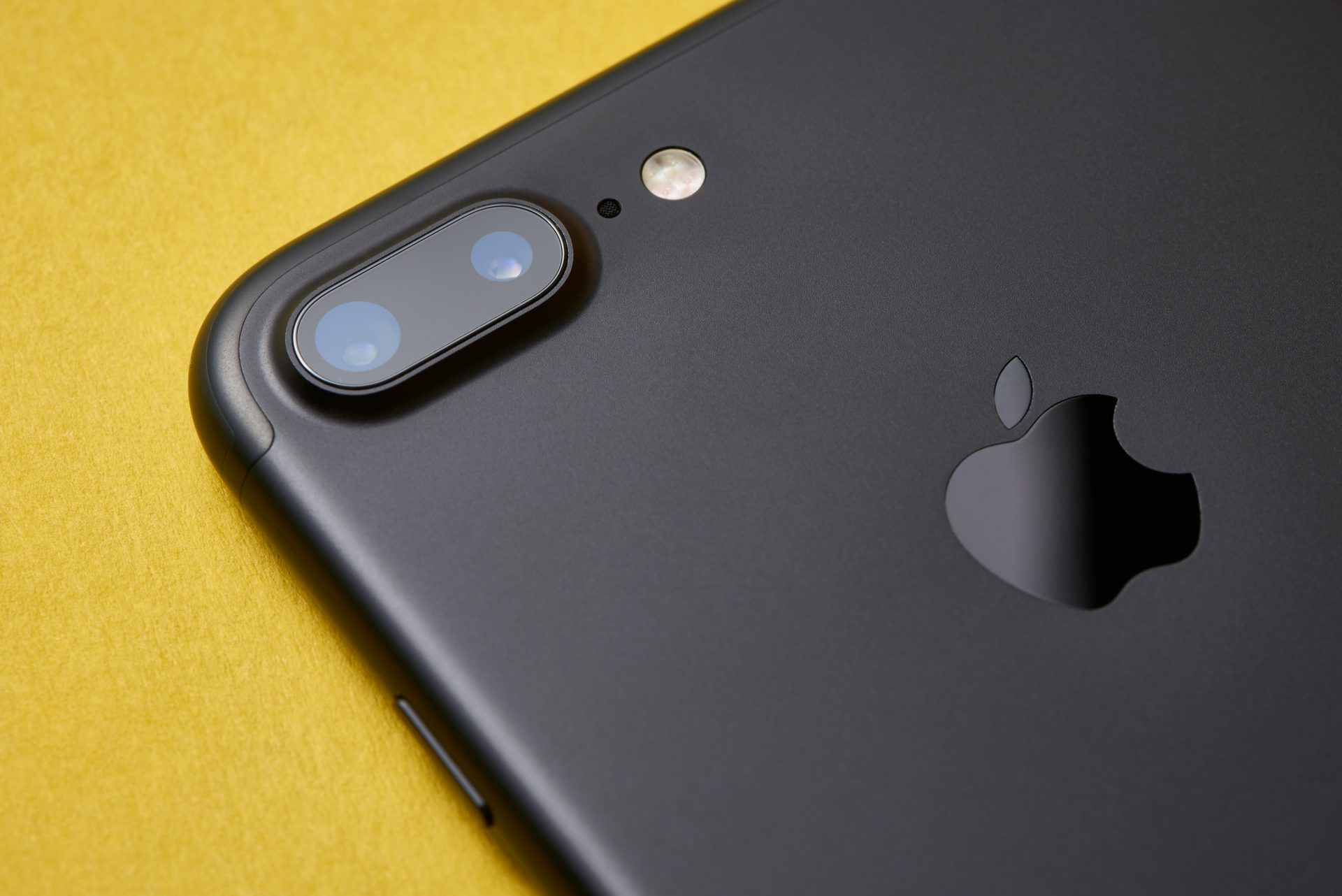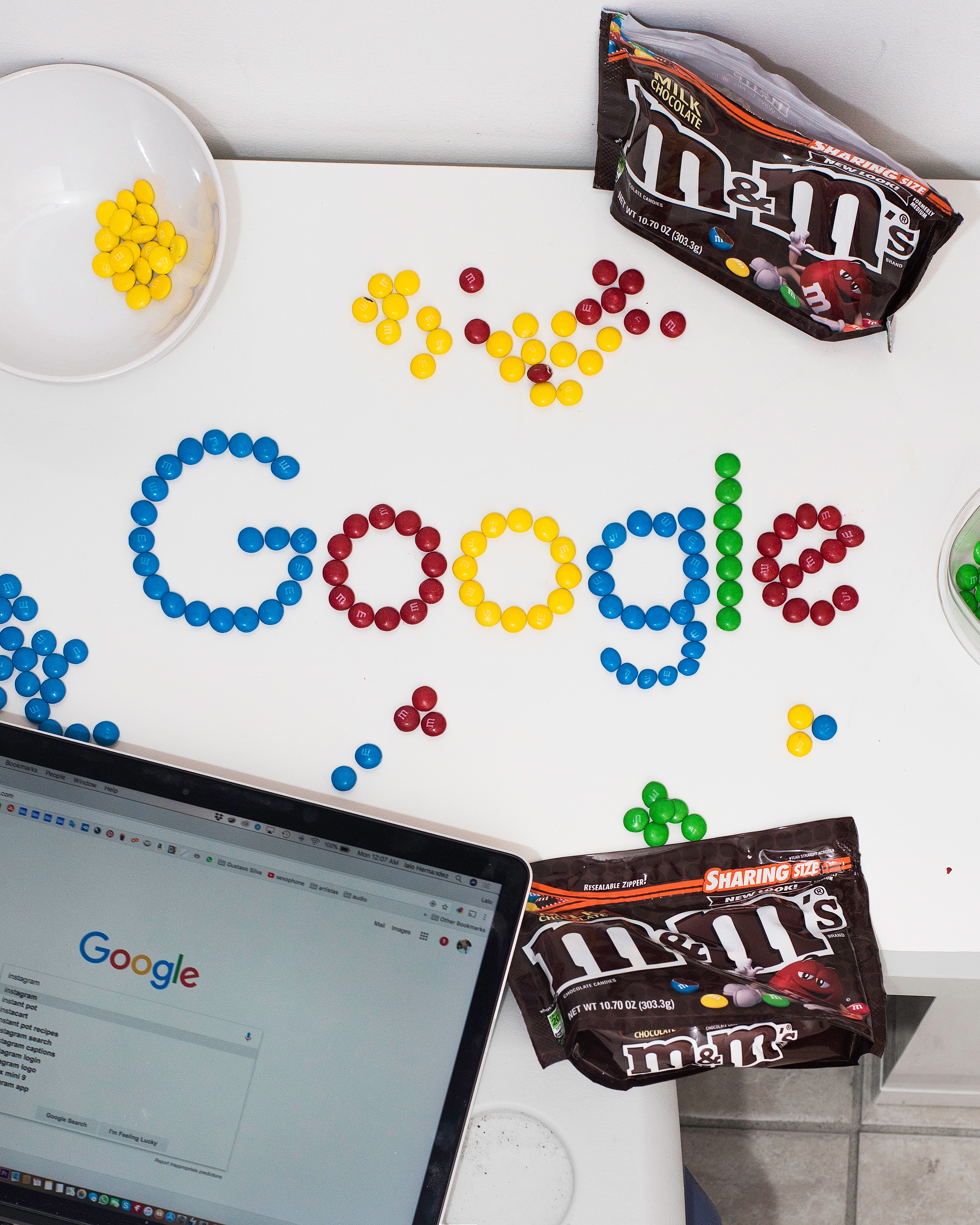Tag: web browsers
-

105
This will be a very brief post to share with everyone reading that Firefox 105 has been released and is available to download. Is this big news? No. Probably not. There aren’t that many new features that are going to blow your socks off – but too many people use Google Chrome and this is…
-

The best web browser for iPhone
Apple have updated (or will soon update) your iPhone to iOS 14 – a shiny new version of everything Apple for your handheld computer. One of the new features of iOS 14 is that you can change your default web browser away from Safari. But why would you want to? To be honest, Safari on…
-

Links of the week: don’t touch your face, online card games, coronavirus painting
In a week where half the world is taking the advice of their respective governments and staying home a lot more, I have been sat at home coughing, fending off heavy headaches and wheezing my way around the apartment. I’ve not been tested, but can’t help but wonder if I have had the newly-famed COVID-19…
-

Links of the week
Google react to being called out over anti-trust issues. Is the Google alternative Ecosia legit? And some extra CSS-related links.
-

Why I switched to Firefox
My obsession with the internet began long before I left the UK for colder climates. Upon starting my first job in 2001, I ran a gaming website and was geeking out to colleagues about Opera browser. So, when my inbox lit up with a job offer from the Norwegian-based company, I packed my bags and…